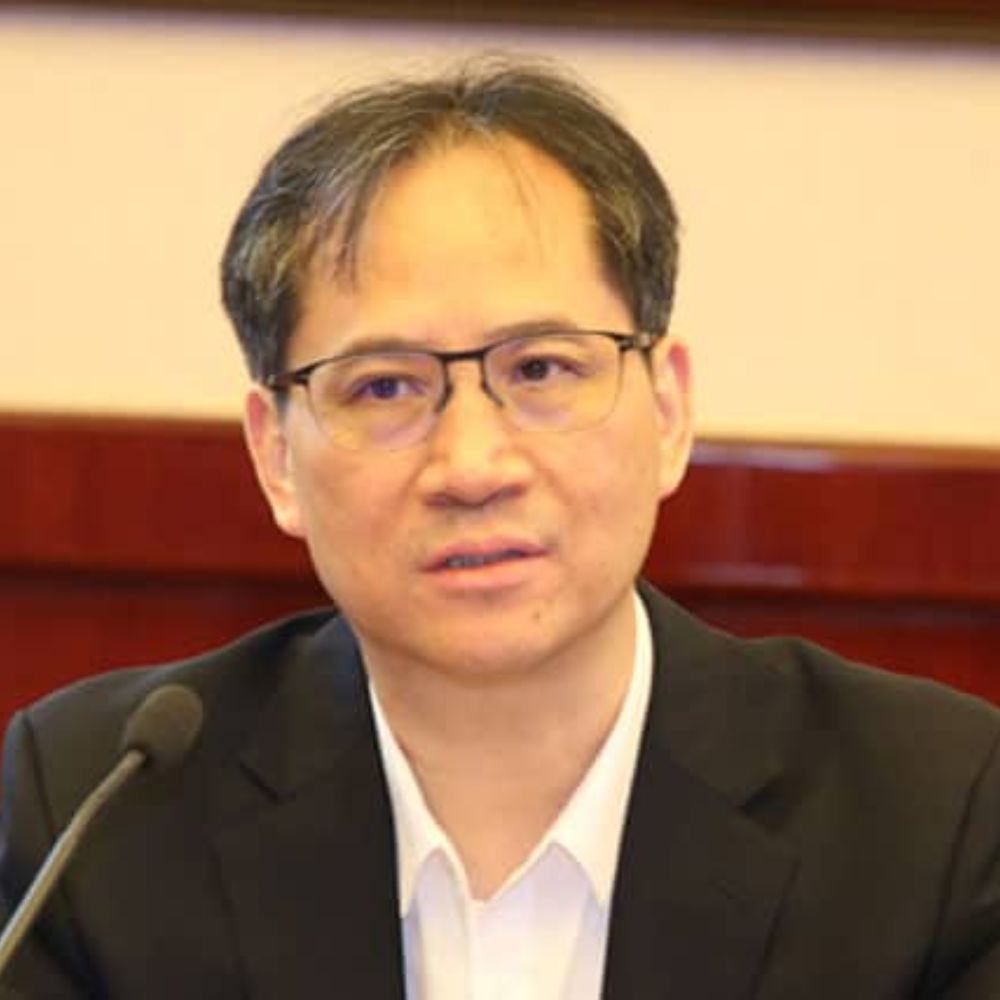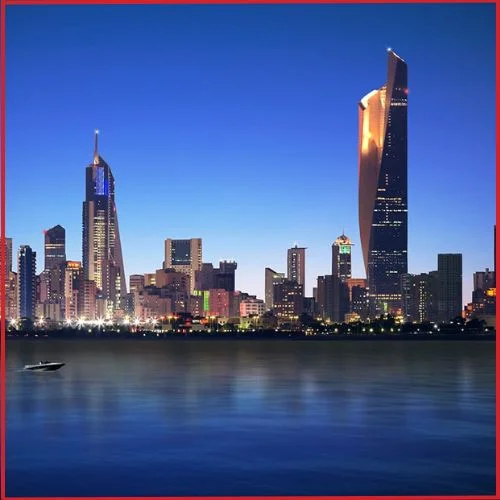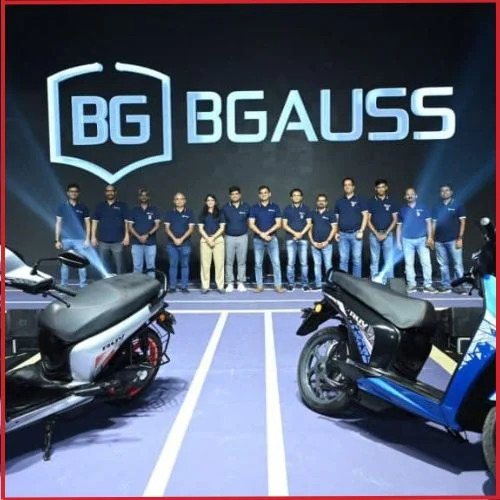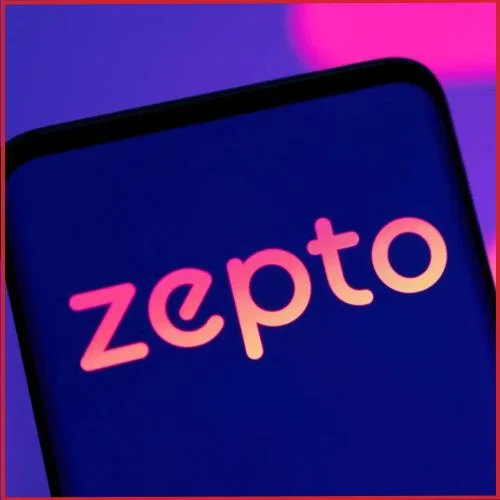In spite of Joe Biden’s measures intended to reduce dependency on China, a Chinese cathode billionaire who controls a crucial link in the battery supply chain is in discussions to list a portion of his enterprise in South Korea.
A significant portion of the market for high-nickel cathode electrodes is controlled by Ronbay Technology, which is listed on the Shanghai Stock Exchange and is quickly growing in South Korea.
According to three people with knowledge of the situation, the business is considering measures to separate its Korean operations from its Shanghai entity in an effort to dodge tariffs of up to 25% on Chinese-made components and obtain subsidies under Washington’s Inflation Reduction Act.
According to a presentation seen by the FT, the company has informed investors that one option under discussion to get around the “crisis” brought on by the new regulations is an IPO in South Korea within the next two years. The business opted not to comment.
In response to the worsening US-China friction, businesses are restructuring and looking into new licensing and partnership arrangements, as evidenced by Bai’s plans to separate his organization, which had revenues of more than $4 billion in 2022.
By providing hundreds of billions of dollars in subsidies, Biden hopes to increase domestic manufacturing in the US and reduce reliance on China.
Components from so-called foreign corporations of concern, which include China, are prohibited from receiving large consumer tax credits and are further subject to tariffs under the law.
According to Bernstein statistics, Ronbay produces high-nickel cathode materials at its factory in Chungju, a province of landlocked North Chungcheong, where it currently owns approximately a third of the global market share.
The company stated in a March stock exchange filing that it thought shipments from its South Korean manufacturing did not violate the restrictions of the new US rules.
The company intends to raise $750 million through a new share offering in Shanghai for its Korea development, according to several announcements made during the previous two weeks. It has a contract to export 100,000 tonnes of high-nickel cathode materials to “either a Japanese or Korean” business for use in the North American market.
Chinese dominance in a wide range of materials and goods, including electric cars, batteries, wind turbines, and solar panels, which are essential for the world’s transition to greener energy sources, is reflected in Ronbay’s strong market position.
The Biden administration is anticipated to more precisely define a “foreign entity of concern” in the coming weeks, a move that could further restrict Chinese investments and the usage of components made in China in the US clean-tech industry.
One source acquainted with Ronbay’s plans claims that the outcome of that choice will determine when any Korean shares will be sold.
The largest battery manufacturer in the world, China’s CATL, reached an agreement with Ford in February to license the Chinese group’s technology for use in the US company’s $3.5 billion Michigan factory. This partnership is an example of how US and Chinese businesses are discovering new ways to work together.
Republicans in the US have, however, voiced their disapproval of the Ford-CATL agreement. The agreement, according to Florida Senator Marco Rubio, “will only increase US reliance on the Chinese Communist party for battery technology.”
Chinese battery manufacturers have partnered with businesses in a number of US free trade partners nations, including South Korea, which is home to some of the top battery manufacturers in the world, including LG and Samsung.
Korean giants LG and Posco have both teamed with Zhejiang Huayou Cobalt, while South Korean battery manufacturer SK On and material supplier EcoPro has partnered with China’s GME Resources to develop battery components in South Korea this year. Posco and China’s CNGR Advanced Material launched joint ventures in June valued at $1.2 billion.
















